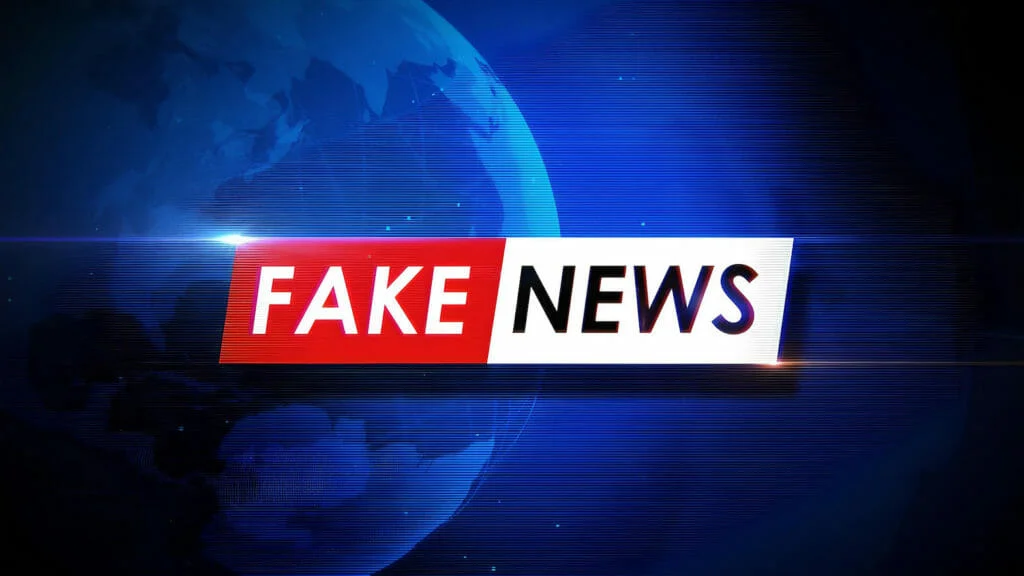Vidya Sethuraman
India Post News Service
The upcoming midterm elections which will shape politics at local, state and national levels come as voters are bombarded with disinformation that sows distrust in the political process, promotes false narratives and targets ethnic communities in their own language. There is little push-back to challenge the daily barrage of fake news — be it the “big lie” about stolen elections, distortions about immigrants or messages that target ethnic communities in their own language. The EMS expert panel on Oct 7 covered a variety of angles regarding disinformation and how it is likely to affect these elections and the future of democracy in the United States.
Mekela Panditharatne, Counsel, Brennan Center’s Democracy Program said that since 2021, at least 21 states have passed 42 restrictive election laws, and 33 bills in 20 states have already taken effect. These laws impose stricter requirements on voters’ identification or voting methods, and these tightened electoral systems directly affect voters’ voting results. She also said gaps in information due to unclear electoral processes could fuel the spread of disinformation.
Tamoa Calzadilla, editor-in-chief of the website Fact Chequeado, said the media should work together to limit the spread of these rumors and called on readers and listeners to actively report fake news.
Vanessa Cardenas, Deputy Director, America’s Voice said that false information about immigration accounts for a large proportion, and many politicians use immigration issues to incite public sentiment, because the interests of many groups are involved, especially Minorities. There is also some disinformation around border issues, claiming that the border is out of control or that the border is open, misleading voters into thinking that immigrants are “invading” the United States.
There is also fake news that spreads the “Grand Remplacement” and exaggerates the negative effects of immigration. There are very limited federal laws on this issue, and we are working hard to advance legislation to combat disinformation and regulate how information is disseminated on social media. At the same time, there are many civil rights groups working on this, hoping to curb disinformation.







